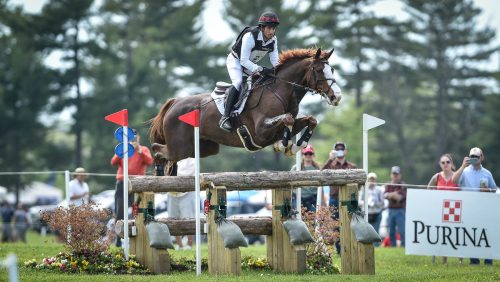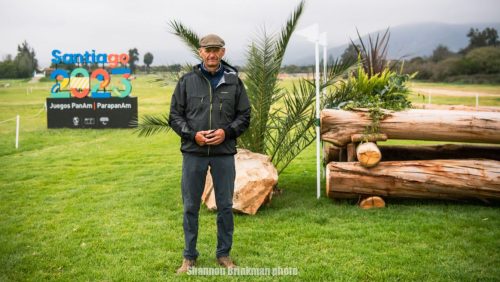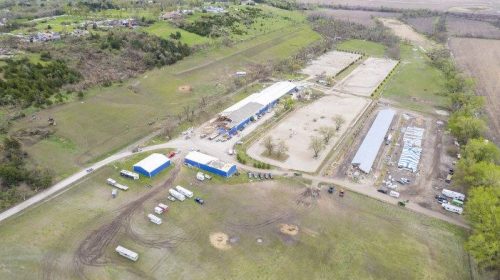One horse has been euthanized and another is in isolation after testing positive for EHV-1 on Thursday, June 22, during a Saddlebred and Hackney show being held at the Virginia Horse Center in Lexington. The two infected horses came from the same barn and were attending the Shenandoah Classic Horse Show, according to information from the Equine Disease Communication Center.
“Both horses were immediately moved off the grounds when they first exhibited symptoms,” an EDCC disease alert posted Friday stated. “One horse is receiving medical care and is stable. The other horse was subsequently euthanized.”
Approximately 80 horses who were sharing stabling at showgrounds, and the two infected horses are believed to have been exposed to equine herpesvirus-1, the virus that causes equine herpes myeloencephalopathy. Those horses are prohibited from competition, have been quarantined, and are being monitored twice daily for fever and other clinical signs of EHV-1.
“No other horses at the horse show are considered exposed and the horse show will continue,” the EDCC alert stated. “However, the unexposed horses are having temperatures and clinical signs monitored out of an abundance of caution.”
U.S. Equestrian Federation Equine Health and Biosecurity Veterinarian Dr. Katie Flynn has been in direct communication with all parties regarding the response to the confirmation of EHV-1.
“I applaud the VHC staff, the show veterinarians, competition management and show participants for their prompt response and collaborative efforts to immediately implement biosecurity measures to protect the health of all equines on the premises,” Flynn said.
ADVERTISEMENT
In a statement, USEF said it supports the show continuing, but with enhanced biosecurity measures including twice-daily temperature monitoring, “[b]ased on the thorough assessment of the premises by the Virginia State Veterinarian’s office, and the immediate activation of the VHC biosecurity and disease response plan upon confirmation of EHV-1.”
VHC CEO Glenn Petty said the facility was proceeding with expert advice.
“Our thoughts go out to those connected with the affected horses,” VHC CEO Glenn Petty said in a statement. “We are following the guidance of the Virginia State Veterinarian Abby Sage and have been told by the Virginia Department of Agriculture that we have followed strict protocol and have the situation under control.”
EHV-1 transmission can occur when horses inhale infected droplets or ingest contaminated materials. In some cases, it can lead to equine herpes myeloencephalopathy, a sometimes fatal neurological condition. It is not transmissible to humans.
For more information on EHV-1 or for the latest on disease outbreaks visit https://equinediseasecc.org/.














